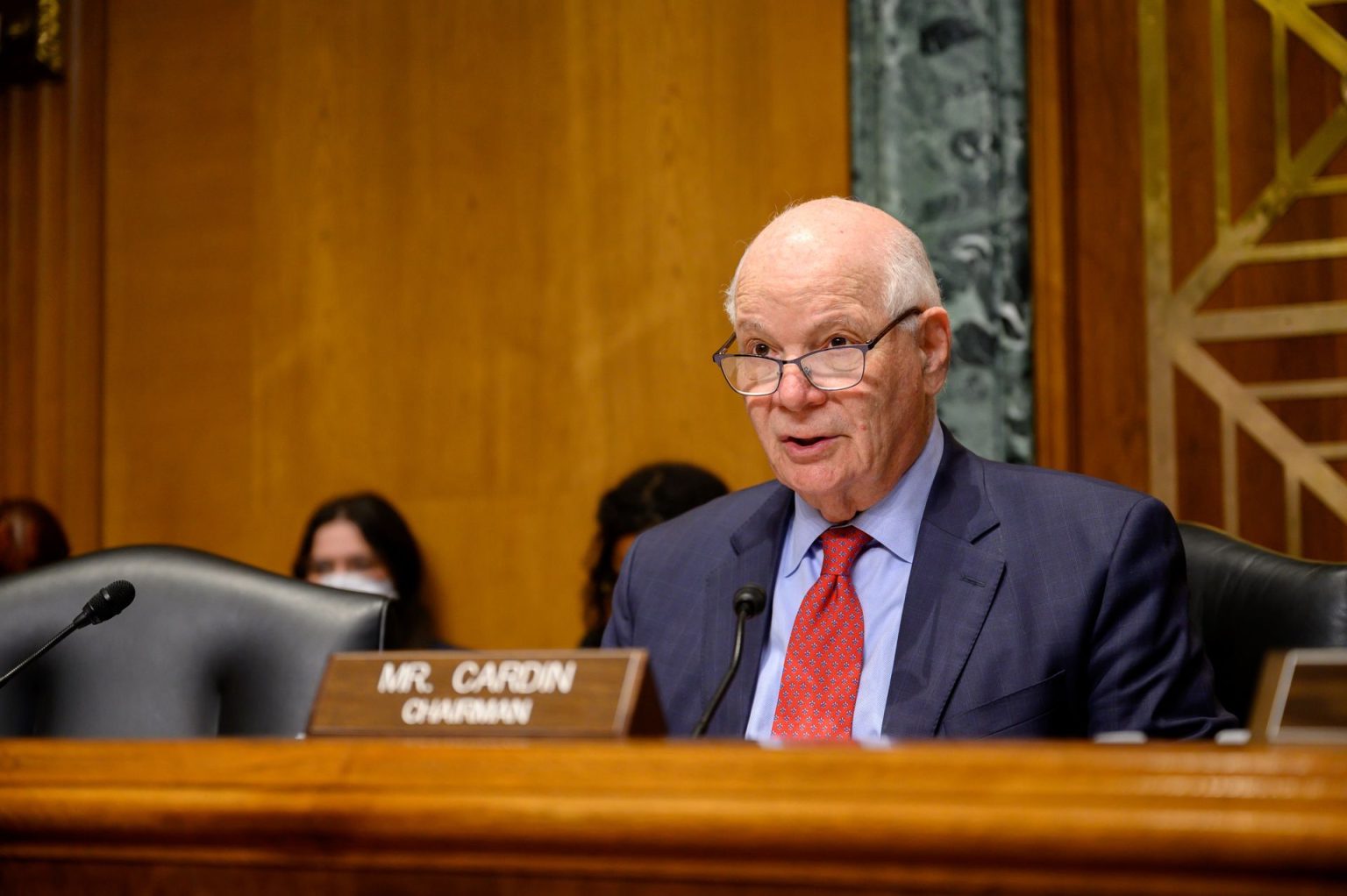A recent incident involving deepfake technology highlights the growing sophistication of impersonation tactics in the digital age. Senator Ben Cardin (D-MD) received a Zoom call from someone posing as Dmytro Kuleba, Ukraine’s former foreign minister. This attempt to deceive a high-profile official raises serious concerns about security and the potential misuse of AI.
The Attempted Deception
On Thursday, an email seemingly from Kuleba invited Senator Cardin to a Zoom meeting. During the call, the individual appeared to look and sound like Kuleba but exhibited unusual behavior. He posed politically charged questions, particularly regarding the upcoming elections and foreign policy, including inquiries about long-range missile strikes into Russian territory.
Senator Cardin grew suspicious due to the odd nature of the questions and promptly reported the call to the State Department. Officials confirmed that the senator had been speaking to an imposter and not the real Kuleba, although the identity of the perpetrator remains unknown.
Official Responses and Security Alerts
Following the incident, Cardin issued a statement acknowledging the deceptive attempt and emphasizing the need for vigilance against such threats. The Senate security team circulated a warning to lawmakers, urging them to remain alert for similar attempts, which they expect may continue in the coming weeks.
According to Senate security officials, this particular attempt is notable for its technical sophistication and the believability of the impersonation. Their email stated, “While we have seen an increase of social engineering threats in the last several months and years, this attempt stands out.”
The Rise of Deepfake Technology
The incident involving Senator Cardin is part of a broader trend in which deepfake technology is being increasingly utilized for malicious purposes. As AI tools become more accessible and affordable, politically motivated deepfakes are on the rise.
In a related case, the Federal Communications Commission proposed hefty fines against a political consultant responsible for a robocall campaign impersonating President Joe Biden. This campaign misled New Hampshire voters ahead of the state’s primary election, instructing them not to participate in the polls.
The misuse of deepfake technology is not limited to robocalls. High-profile figures have also been targeted. For instance, Elon Musk recently shared a deepfake video of Vice President Kamala Harris, in which she purportedly made controversial statements about her position. Additionally, former President Donald Trump posted an AI-generated endorsement from pop star Taylor Swift, which later turned out to be fabricated.
Conclusion
The incident with Senator Cardin serves as a stark reminder of the potential threats posed by deepfake technology, particularly in the political arena. As technology continues to evolve, so too do the methods employed by malicious actors. The need for heightened awareness and security measures is crucial in combating these sophisticated attempts at deception.
